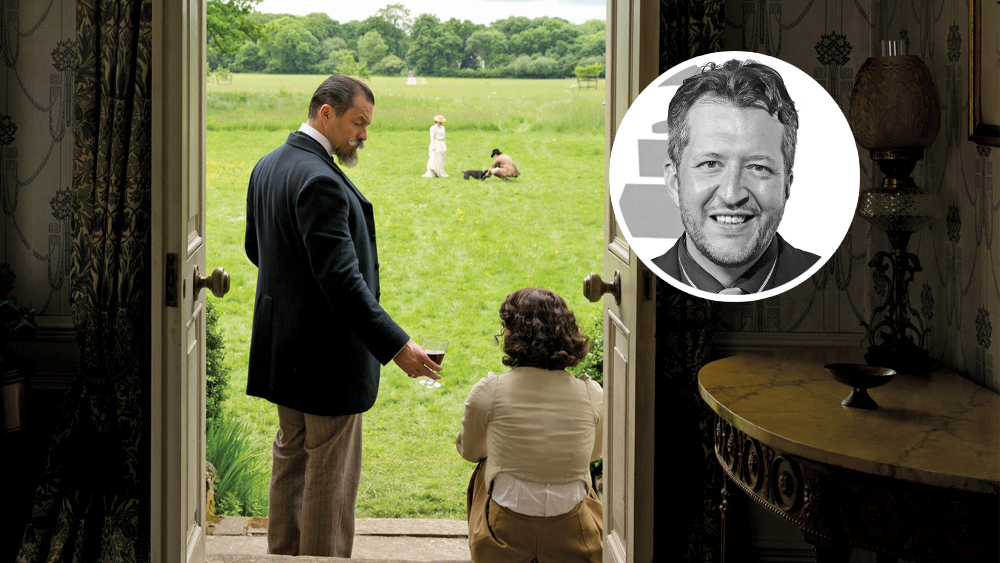‘Colette’ Opens Door to Film Scoring for Esteemed U.K. Classical Composer Adès
By Jon Burlingame
LOS ANGELES (Variety.com) – One of England’s most distinguished concert composers tried his hand at film music for the first time this year, and the result was the charming and period-appropriate music for Keira Knightley in “Colette,” about the turn-of-the-century French novelist.
Thomas Adès is well known in the U.K. for his operas “The Exterminating Angel” and “The Tempest,” as swell as his orchestral piece “Asyla” and his violin concerto “Concentric Paths.” But “,” he tells Variety, “is my first foray into this world. I love film, and I’m fascinated by the art of scoring, so it felt quite natural to do this.”
Adès’ involvement was prompted by an innocent query from his friend, director Wash Westmoreland: “1890s Paris… was that an interesting time for classical music?” His response —that it’s among the two or three most exciting periods in music history, along with a list of 40 key works — led to the inevitable “Do you want to score it?”
“I’m at home with the period,” Adès explains. “The material I’m using, the tunes and the harmony, would be possible in an 1890s context. Once I found a style and some material, we started talking about how it could reflect the drama. You can follow the emotional contours of the story, and each of the characters’ development, through the music.”
Colette — who struggles to be recognized as a writer, defying not only her husband Willy but also societal conventions — has “a number of themes and musical ideas,” says Adès, often voiced by the harp (“when she’s very young, experiencing something”) and piano (“when she re-creates that experience, writing or thinking about it, as it becomes a part of her art”). Husband Willy is often heard via French horn, and friend and lover Missy is often played on the clarinet.
Adès even wrote his version of the real-life “Dream of Egypt” number that, when performed on stage by Colette and Missy in 1907, caused a riot when the two women kissed. The composer laughs when recalling Westmoreland telling him that he’d need the piece the following week for shooting.
“That was the moment when I realized I’m very much not in Kansas anymore,” Adès says. “In the opera world it would be at least two or three years.” But, he says, he had “real fun with that. It’s the moment where you really want to hear the eruption of the 20th century. Modernism was just around the corner, so I wanted the music to have a slight edge.”
Adès played piano and conducted a small ensemble of just 15 musicians in his hour-long score. It was written over two months in New York late last year when he was conducting “Exterminating Angel” at the Metropolitan Opera. He also chose most of the period classical works and even arranged pieces by Debussy, Satie and Saint-Saens for the film.
Will he do another film? “I never say never,” Adès responds. “If anybody’s interested, go ahead and ask.”

